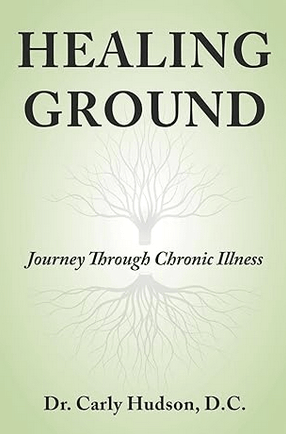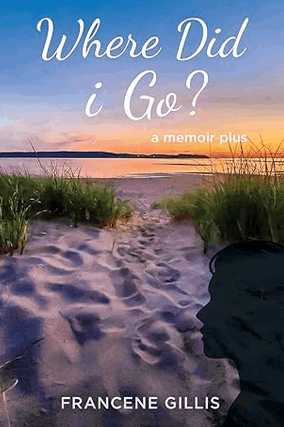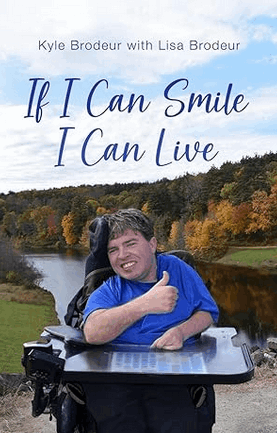
Discover Our Book Directory: Empowering Your Recovery Journey
Dive into our Brain Injury Book Directory, a curated selection of books that offer insights, strategies, and stories of resilience tailored to those navigating the complexities of brain injury recovery. Whether you're a survivor, caregiver, or professional, our directory provides a valuable resource to educate, inspire, and support your path toward healing and empowerment.
If you would like to recommend a book, please contact us with your suggestion.

















































